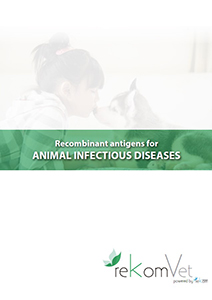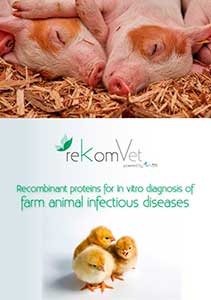Tuberculosis (TB)
Tuberculosis (TB) is a respiratory infection caused by bacteria of the Mycobacteriaceae family. Mycobacterium tuberculosis, also known as Koch's bacillus, is the main cause of tuberculosis in humans, although it can also affect certain animals, mainly cattle. The transmission occurs through the air, when the infected patient speaks, sneezes or coughs. However, it is also possible, although less common, for a person to get sick from eating contaminated products, such as milk or meat. The most common symptoms are severe cough, weight loss, spitting up blood or mucus, weakness, fever and chills. If not treated properly, it can be fatal. Not all patients infected by the bacteria get sick. It is what is known as latent tuberculosis (LTBI), which, without treatment, can lead to the disease. These patients do not transmit the disease. The treatment consists of antibiotics, and as a prevention it is recommended to avoid contact with infected people, use medications in high-risk cases and maintain good living conditions. The diagnosis of tuberculosis can be made through a blood test to detect the bacteria or antibodies against it, or through a tuberculin skin test.
Human Tuberculosis is the most prevalent infectious disease in the world. It is the leading cause of death among people infected with HIV, and among those related to antimicrobial resistance. It is estimated that, thanks to global efforts against tuberculosis, 66 million people have saved their lives since 2000. However, COVID-19 has reversed this data and, for the first time in more than 10 years, in 2020 deaths from tuberculosis increased again (of 9.9 million patients in 2020, 1.5 million died). Without treatment, an average of 1 in 10 people with latent TB infection will develop TB disease in the future. It is estimated that more than 80% of people who develop tuberculosis have had an untreated latent tuberculosis infection.
Human and animal infectious disease (mainly cattle)
At Rekom Biotech, we desing and manufacture IVD reagents for diagnosis of Tuberculosis (TB). If you do not find what you are looking for, you can request our custom-made recombinant proteins/antibodies service. Do not hesitate to contact us!
Recombinant proteins
Polyclonal antibodies
How to reconsitute lyophizated vials
Recombinant antigens for diagnosis of Tuberculosis




